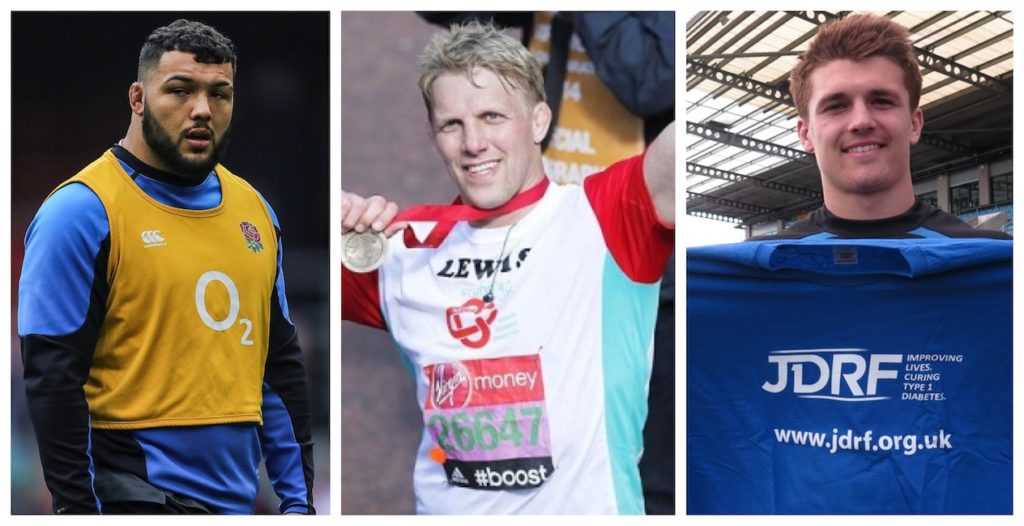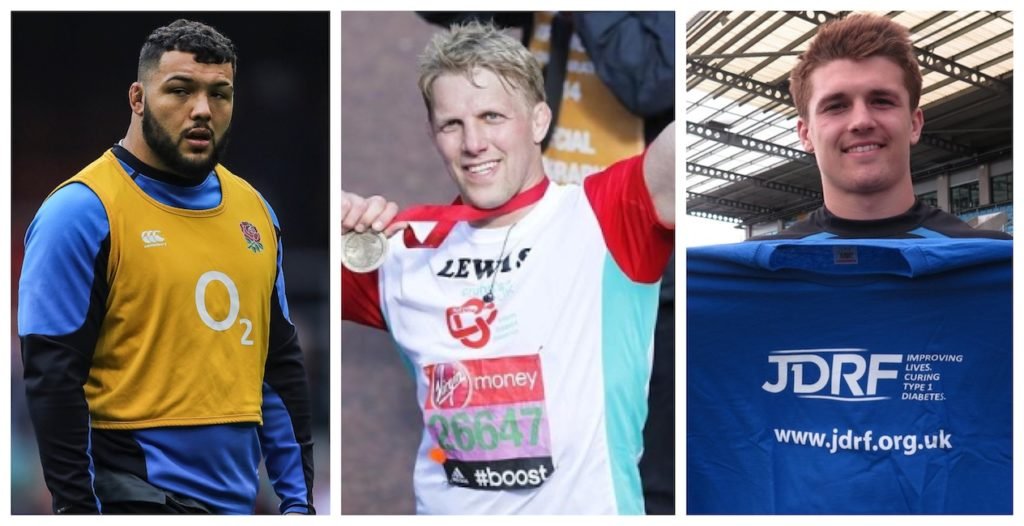Brian O’Driscoll has revealed he suffered with terrible eyesight during the majority of his career.
The Ireland legend discovered he was short-sighted during his glory days, only getting laser treatment at the age of 30.
“It’s funny what the brain does and how it adapts. And probably my quality of life outside the rugby pitch improved massively when I did get my eyes lasered.
The rugby evening headlines as Brian O'Driscoll reveals condition he battled during his careerhttps://t.co/s8CuwvsOpD
— WalesOnline Rugby (@WalesRugby) March 30, 2020
“It stopped me finding myself in situations where someone would call my name from across the road and I didn’t know if I knew that person or not.
“When I went and got my eyes lasered eventually the specialist told me the only reason I was able to play professional sport was because it happened at such a young age that my brain was able to adapt to see what I needed to see.
“I might have struggled with hurling and golf – which is probably why I’m such a brutal golfer.”
INSPIRING | Rugby players who overcame disabilities

Read about the rugby players with disabilities who refused to be limited by their conditions.
These inspiring achievers pursued their dreams and achieved so much!
RUGBY PLAYERS WITH DISABILITIES:
1. Ian Mckinley – Blindness
It’s now roughly eight years since the accident that led to Ian McKinley losing the sight in his left eye. In a freak accident, a stray boot from a fellow teammate perforated his left eye while playing a club match in 2010 for University College Dublin, leaving him partially blind in that eye. The injury would be a career-ending one for 99.9% of professional athletes but not for McKinley.
One of the most extraordinary things of this or any other Six Nations. Ian McKinley, blind in his left eye, kicking off his left foot. A Dubliner V Ireland tomorrow @ITVRugby pic.twitter.com/Z1kSXCFw3D
— Nick Mullins (@andNickMullins) February 23, 2019
2. Henry Slade – Type 1 Diabetes
Slade signed his first professional contract with Exeter Chiefs at the age of 18, the same year in which he also developed type 1 diabetes. Under the 2010 Equality Act, type 1 diabetes is defined as a disability, in that it may have a ‘substantial, long-term, negative impact on a person’s ability to carry out normal, day-to-day activities’.
#Charityis… @ExeterChiefs superstar Henry Slade supporting type 1 diabetes research and inspiring others pic.twitter.com/UvllTJzcCd
— JDRF UK (@JDRFUK) March 14, 2016

